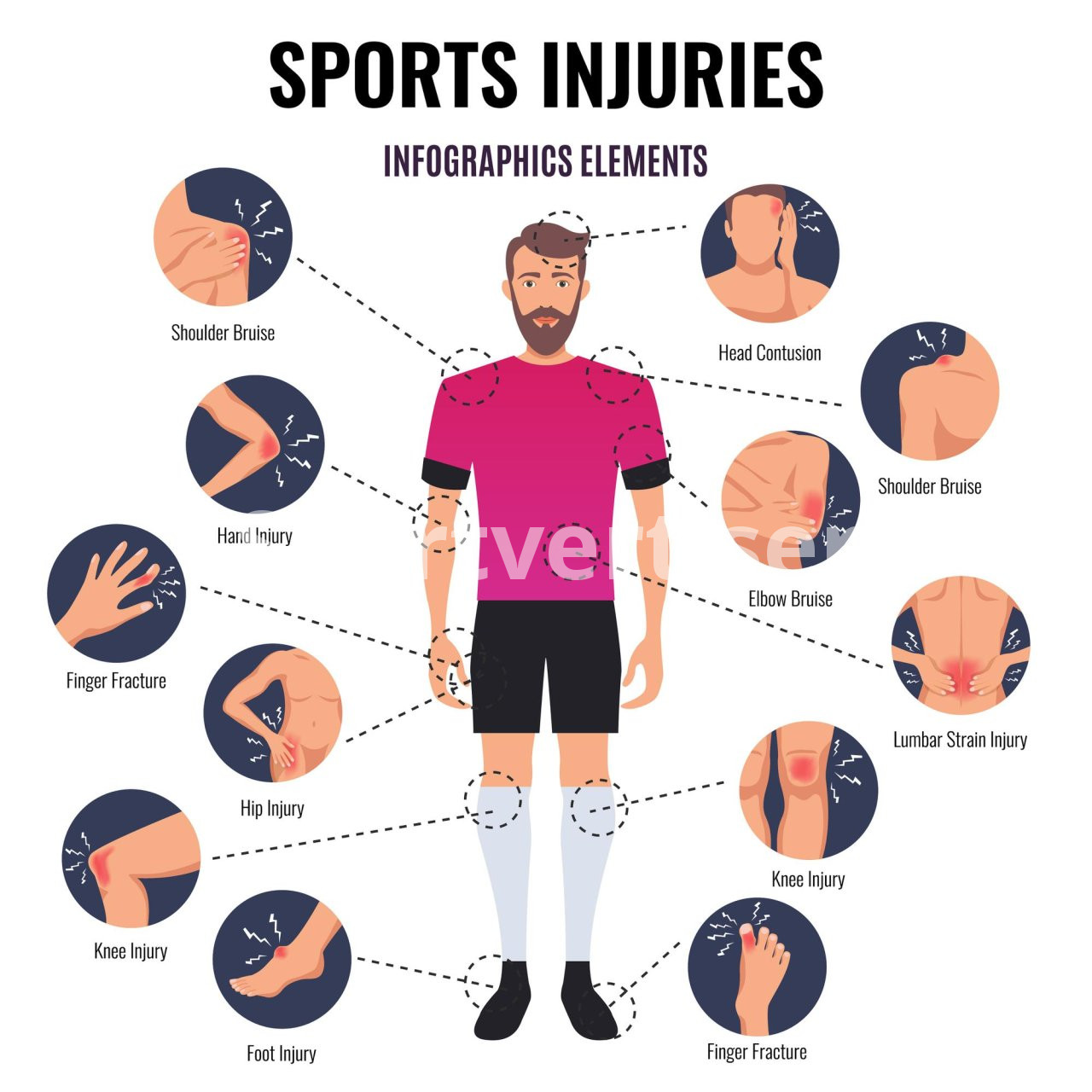Sports Injury Insurance - Should you purchase it?

Whether it's worth getting sports injury insurance depends on several factors, including your personal circumstances, the level of risk involved in your sporting activities, and the cost of the insurance itself. Sportvertiser outlines some considerations to help you decide:
-
Risk Level: Consider the type of sports or physical activities you engage in. Some sports, like football or extreme sports, carry a higher risk of injury compared to others, like swimming or golf. If you participate in high-risk sports, insurance may be more beneficial.
-
Existing Coverage: Check your existing health insurance policy to see if it covers sports-related injuries. Some health insurance plans may provide coverage for injuries sustained during sports or recreational activities.
-
Financial Situation: Assess your financial situation. Can you comfortably afford medical expenses and potential time off work if you were to get injured? If not, insurance can provide financial peace of mind.
-
Frequency of Participation: If you participate in sports or physical activities regularly, you might be more inclined to invest in insurance compared to someone who participates infrequently.
-
Policy Coverage: Carefully review the terms and coverage offered by the sports injury insurance policy. Some policies may have limitations, exclusions, or high deductibles that reduce their value.
-
Cost of Premiums: Consider the cost of the insurance premiums. You need to weigh the cost of the insurance against the potential benefits and your ability to pay for medical expenses out of pocket.
-
Deductibles and Copayments: Understand the deductible and copayment requirements of the insurance policy. High deductibles or copayments can make the insurance less attractive.
-
Additional Benefits: Some sports injury insurance policies offer additional benefits, such as coverage for rehabilitation, dental care, or disability benefits. These can add value to the policy.
-
Emergency Transportation: In some cases, sports injury insurance policies may cover the cost of emergency transportation to a medical facility. This can be crucial in remote or extreme sports settings.
-
Pre-existing Conditions: Check if the policy covers pre-existing injuries or conditions related to sports. Some policies may have waiting periods or exclusions for these.
It's important to carefully read the terms and conditions of any sports injury insurance policy and compare it to your existing coverage and financial situation. If you are an athlete or regularly engage in high-risk sports, and the insurance provides comprehensive coverage at a reasonable cost, it may be worth considering to mitigate the financial risks associated with sports-related injuries. However, for individuals with low-risk activities and comprehensive health insurance, the need for sports-specific coverage may be less clear-cut. Consulting with an insurance professional can also help you make an informed decision based on your specific circumstances.
Copyright Sportvertiser.com 2023






